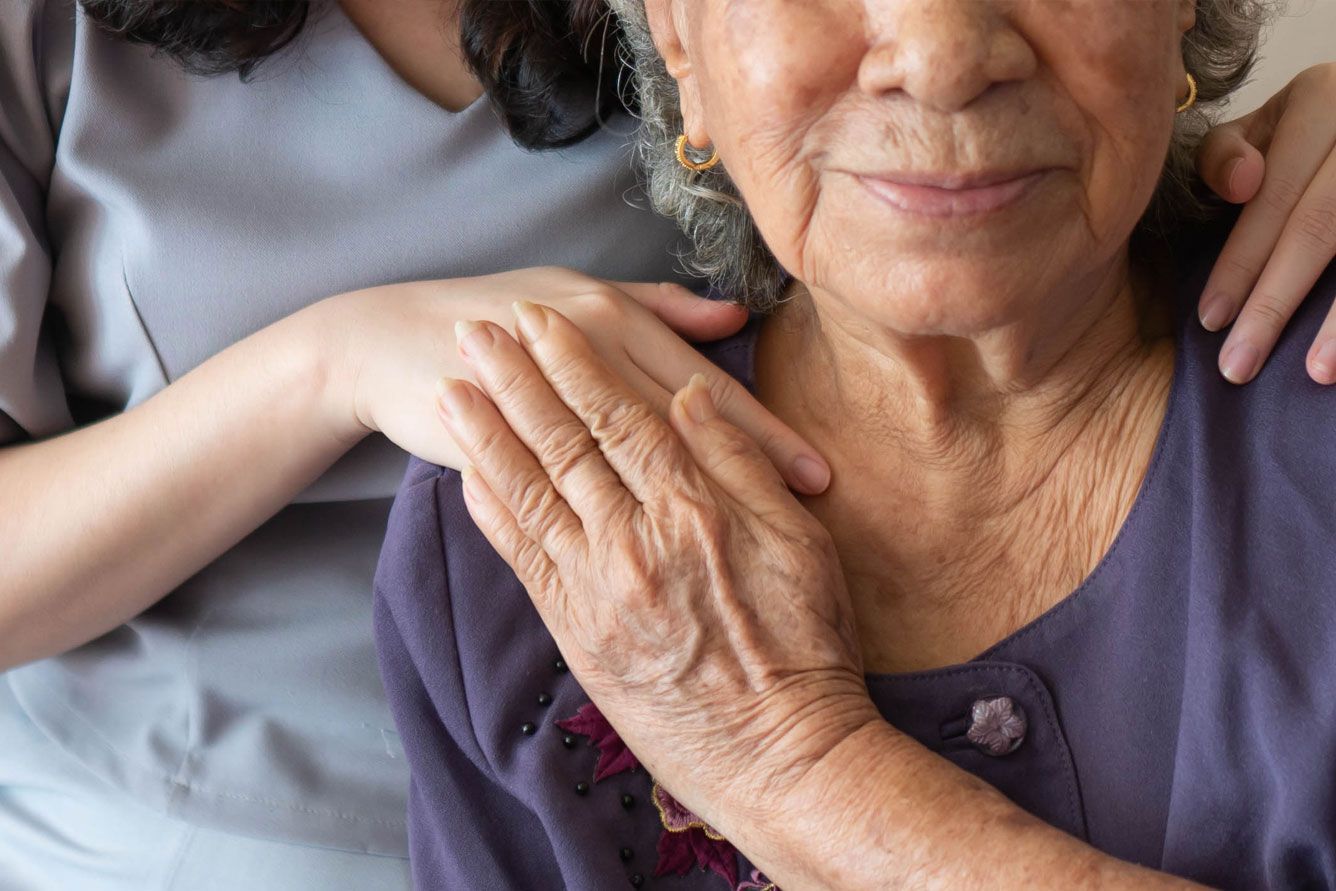What Caregivers Need to Know about Palliative Care
As a caregiver, you may be exposed to a slew of medical terminology that you’re unfamiliar with. If the person you are caring for is suffering from a serious illness you may have heard the term “palliative care” from a doctor, friend, or through your own internet research. But what is palliative care exactly? And how may palliative care benefit you or your loved one?
What is Palliative Care?
Palliative care is a type of specialized medical care provided to individuals suffering from a serious illness. The goal of this type of care is to reduce the severity of symptoms and improve the quality of life for the patient while they undergo treatment for their underlying disease.
This type of care may include:
- Symptom Management
- Emotional and Psychological Support
- Referrals to Additional Providers
- Logistical Support with On-going Care
Adding palliative care to your treatment plan can be beneficial for many reasons. First, by managing symptoms through medication and/or lifestyle changes, patients are able to generally reduce their discomfort and improve their quality of life. Many palliative care plans also include extensive support for families and caregivers who may need guidance or logistical support with day-to-day care. Finally, patients and families who receive palliative care generally report higher satisfaction with the overall quality of medical care, which is good for both patients and providers alike.
Is Palliative Care the same as Hospice Care?
No! Although some people may use the terms interchangeably, palliative care and hospice care have different focuses. Hospice focuses on end-of-life care for individuals with a terminal diagnosis (usually within 6 months of the end of their life) and does not seek to cure or otherwise treat the illness.
On the other hand, palliative care is not specific to a prognosis. While they are usually battling a severe disease, many people with treatable or even curable diseases benefit from palliative care every day. This includes patients being treated for heart disease, stroke, diabetes, cancer Alzheimer’s Disease, and Parkinson’s disease, among other ailments.
How do you get Palliative Care?
Historically palliative care was only available in a hospital setting, and as recently as 2000 only 25% of hospitals even offered this type of program. Luckily, this number has skyrocketed in the last few decades and palliative care is now available in community settings such as outpatient facilities, live-in senior homes, and home health care.
The best way to get started is to talk to your doctor about what options are available for your situation. Your doctor will be able to advise you what type of palliative care would be most beneficial for you and how to go about setting up a treatment plan.
Comforting Home Care would love to be of assistance with your palliative care needs and our expert care providers can work with you to determine the best way to get started. Give us a call at 610.628.1008 to learn more!












